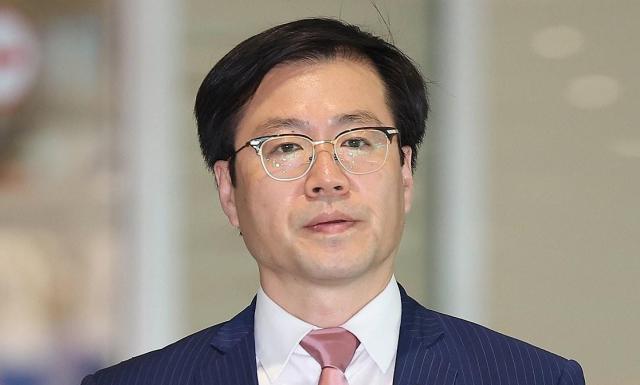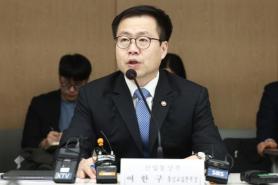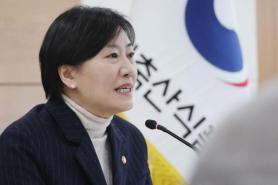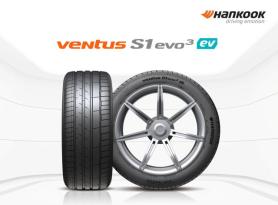
SEOUL, September 15 (AJP) -South Korean Trade Minister Yeo Han-koo has left for Washington in hopes of finalizing a trade deal with the United States that has been stalled since a framework was agreed in late July, in return for a reprieve on the U.S. tariff rate for Korean imports from the initial 25 percent to 15 percent.
Yeo ascends to the mound on behalf of Seoul after Industry and Energy Minister Kim Jung-kwan returned to Seoul Sunday without settling talks with his U.S. counterpart, Commerce Secretary Howard Lutnick, in New York.
Yeo is likely to iron out further differences with his counterpart, U.S. Trade Representative Jamieson Greer, and other officials.
Seoul officials place top priority on “defending national interests,” said Presidential spokeswoman Kang Yu-jung Thursday in a press briefing explaining the deadlock in the talks. The discussions are ongoing, and Seoul is open to various options so as not to compromise national interests.
One option is a bilateral currency swap without any limit, as massive dollar-based investment could influence the won-dollar exchange rate.
Commerce Secretary Lutnick made it clear that Korean imports would face a universal reciprocal tariff rate of 25 percent if Seoul declines to accept the deal laid out by Washington.
“The Koreans didn’t sign when the president…came to the White House,” he said in a CNBC interview last Thursday, referring to the Aug. 25 visit by Korean President Lee Jae Myung for a summit with Trump. “The devil is in the details…. The Japanese signed the contract. The Koreans either accept the deal or pay the tariffs. Black and white.”
From Tuesday, U.S. tariffs on Japanese goods are lowered to 15 percent, according to the finalized deal between the U.S. and Japan in exchange for a $550 billion investment package, giving price leverage over Korean cars and other rival finished goods exports to the U.S. still charged with 25 percent duties.
Korean car producers face multiple scourges in the U.S. – the phase-out of federal tax credits for EV purchases in the U.S. on Sept. 30 and setbacks in the construction deal on the joint battery plant of Hyundai Motor and LG Energy Solution over visa and labor terms.
Copyright ⓒ Aju Press All rights reserved.




